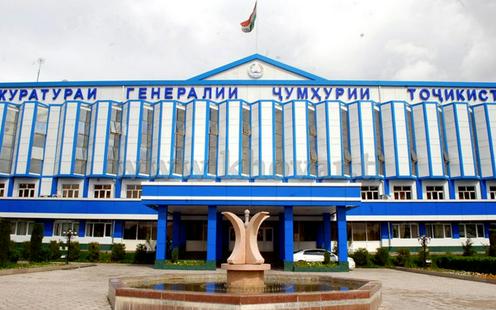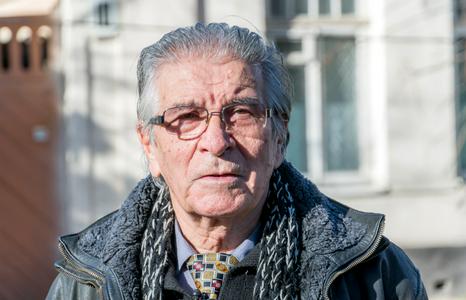Tajikistan has placed 72 alleged members of the Muslim Brotherhood (banned in the Russian Federation and Tajikistan) on international wanted lists. The announcement was made at a press conference on 14 July by the country’s prosecutor-general, Yusuf Rahmon, Asia-Plus writes (in Russian).
Rahmon added that 133 individuals are currently being tried as part of a Supreme Court case against alleged Muslim Brothers, rather than the previously reported 116. The trial is being conducted behind closed doors. The accused have been charged under four articles of the Tajik criminal code, including financing terrorism and organising an extremist group.
Chief military prosecutor Ikrom Zoirzoda has in turn announced that seven of the participants in the attack by 33 Islamist militants on the Ishqobod border post between Tajikistan and Uzbekistan in November last year have received sentences of between 2 and 27 years. The attack was later claimed by the Islamic State (a terrorist organisation banned in Russia and Tajikistan) and was said to have included the participation of 11 women and 13 children under the age of 16. 15 of the attackers were previously stated to have died in the attack, along with two Tajik soldiers. All of those convicted in the case are Tajik citizens. No other details were revealed by Zoirzoda and this trial too was conducted behind closed doors. That the trial had reached its conclusion was reported back on 11 June, but journalists were unable to find out how many individuals had been convicted and what sentences they were given.
In recent years, almost all major criminal cases involving terrorism, extremism or corruption on the part of middle and high-ranking public officials are classified as secret and the relevant court cases conducted out of public view. Lawyers and relatives are also made to sign confidentiality agreements, meaning that media outlets generally obtain only fragmentary information on such cases.
The Muslim Brotherhood (more correctly: the Society of the Muslim Brothers), established in Egypt at the end of the 1920s as the first modern Islamist organisation, was banned by Supreme Court order in Tajikistan in 2006. In 2016, seven preachers in the country’s Sughd region were sentenced to prison terms for alleged membership in the organisation.










